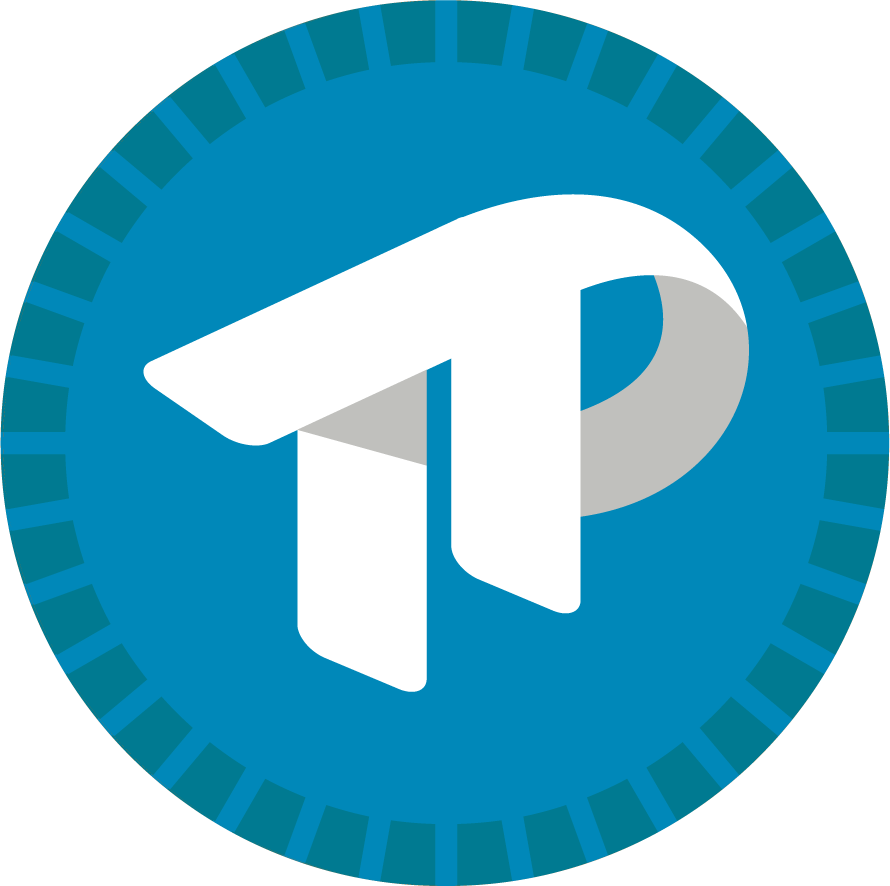Fintech leader Robinhood (HOOD) is taking major steps toward transforming traditional finance with a shift into permissionless digital assets, according to Offchain Labs chief strategy officer A.J. Warner. Speaking with CoinDesk during Devconnect in Buenos Aires, Warner explained that Robinhood’s new tokenized stock offering in Europe is only the beginning of a three-phase roadmap designed to integrate equities into open blockchain ecosystems.
The platform’s tokenized stocks—built on Arbitrum, the layer-2 network developed by Offchain Labs—currently include nearly 800 publicly traded assets, with plans to expand into private equity. While users in the EU can already purchase these assets, the tokens remain locked within Robinhood’s app during this initial phase. They cannot be transferred to external wallets or used in decentralized protocols, preserving a familiar brokerage-style environment but limiting interoperability.
Phase two aims to reshape trading infrastructure by leveraging Bitstamp, the crypto exchange Robinhood acquired for $200 million. Warner said this phase focuses on enabling 24/7 trading for tokenized stocks, bringing equities closer to the always-on nature of crypto markets and freeing them from traditional trading hours.
The most transformative shift arrives in phase three, when Robinhood plans to make stock tokens fully permissionless. At that point, users could withdraw tokenized equities like Apple shares and deploy them across decentralized applications. This would allow tokenized stocks to function as collateral in lending platforms such as Aave or be integrated into DeFi strategies, unlocking new utility beyond standard brokerage accounts. Warner emphasized that this stage reflects Robinhood’s long-term vision: assets that behave like programmable, interoperable components within a global open financial system.
A remaining challenge is the technical divide between traditional financial software—often built in C++ or Rust—and Ethereum’s Solidity-based environment. Offchain Labs’ Arbitrum Stylus addresses this by allowing smart contracts written in languages like C++, Rust, and Python while staying fully compatible with the Ethereum Virtual Machine, easing the transition for developers and institutions alike.


























Comment 0